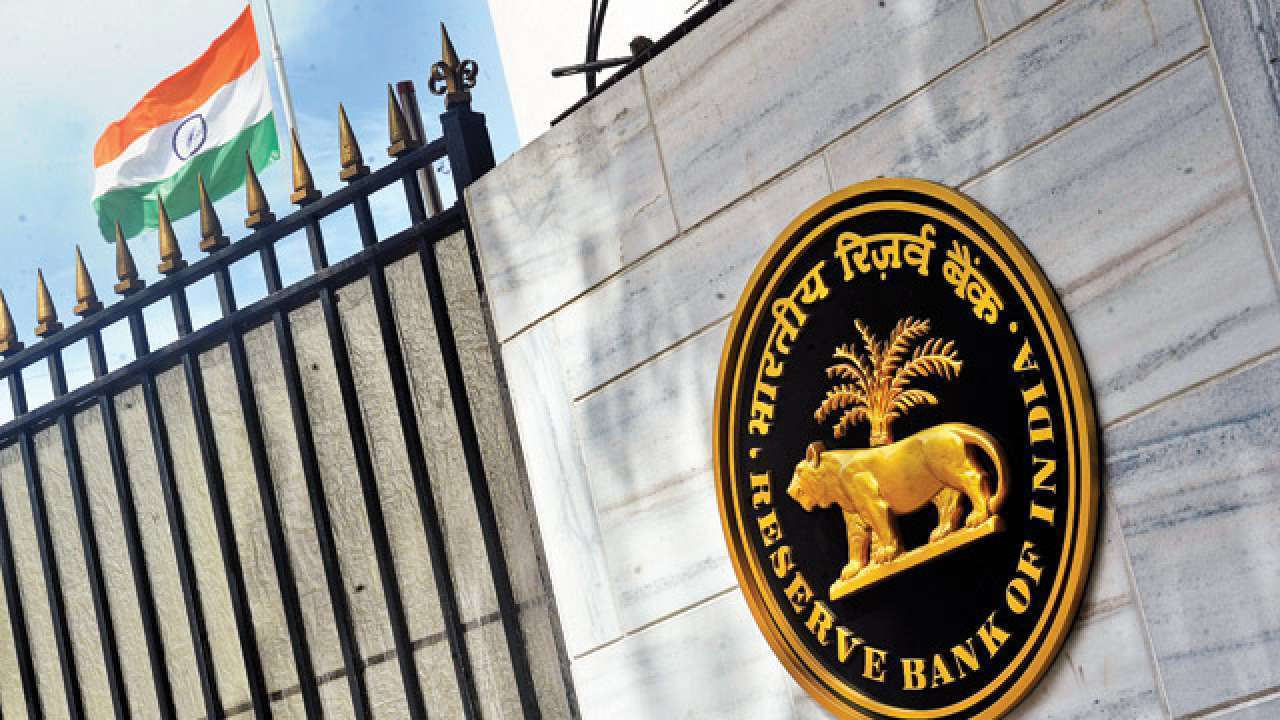
Image Source: singhania
The Reserve Bank of India (RBI) plays
a crucial role in managing the country's economy. One of its primary tools is the
manipulation of interest rates. However, the RBI's recent decision
to not raise interest rates has raised concerns about slowing growth in India.
The Role of Interest Rates
Interest rates are a key tool used by central banks worldwide to manage inflation and
stimulate economic growth. When inflation is high, central banks often raise interest
rates to curb spending and slow down the economy. Conversely,
during periods of economic slowdown, central banks may lower interest rates to encourage
spending and stimulate growth.
RBI's Decision: A Balancing Act
The RBI's decision to not raise interest rates, despite high inflation, indicates a
complex balancing act. On one hand, raising interest rates could help manage inflation.
On the other hand, it could potentially slow down economic
growth even further.
The RBI's decision suggests that it is more concerned about slowing growth than high
inflation. This is a significant shift in policy and indicates that the RBI is willing to
tolerate higher inflation for the sake of supporting economic growth.
Implications for the Economy
The implications of this decision are far-reaching. For one, it could lead to higher
inflation in the short term. However, by not raising interest rates, the RBI is also
signaling its commitment to supporting economic growth.
This could boost investor confidence and potentially stimulate economic activity.
However, it also carries risks. If inflation continues to rise unchecked, it could lead
to a decrease in purchasing power for consumers and potentially
exacerbate economic inequality.
Conclusion
The RBI's decision to not raise interest rates is a clear indication of its concerns
about slowing growth in India. It represents a delicate balancing act between managing
inflation and supporting economic growth. This decision
has far-reaching implications for the economy and will be closely watched by investors,
economists, and policymakers alike..

